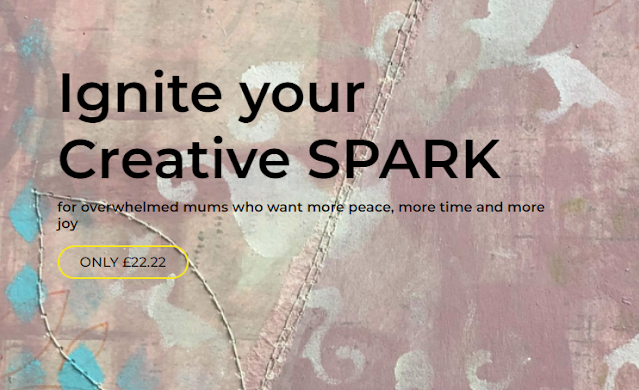The creative spark is the energy that drives us to explore new ideas, pursue our passions, and express ourselves through our unique talents and skills. Whether it's writing, painting, music, or any other form of creative expression, tapping into this spark can unlock a world of possibility and help us live more fulfilling lives. In this blog, we'll explore the nature of creativity, its benefits, and how to cultivate it in our own lives.
"The Creative Spark: Igniting Your Imagination and Pursuing Your Passions" is a title or a name of a book, article, or any other form of creative work. It suggests that the work is about exploring one's creative potential and pursuing personal interests and passions. The title implies that it will provide insights, tips, or guidance on how to unleash creativity and use it to achieve personal fulfillment.
What is Creativity?
Creativity is the ability to generate new and innovative ideas, concepts, or solutions to problems. It's about thinking outside the box, breaking free from traditional patterns, and pushing the boundaries of what is possible. Creativity can take many forms, from visual arts to writing, music, dance, and even cooking or gardening. It is a crucial component of human expression, helping us to connect with others, share our experiences, and explore the world around us.
Benefits of Creativity
Creativity has many benefits for our physical, emotional, and mental well-being. Here are some interesting facts and examples:
1:Reduces Stress: Studies have shown that engaging in creative activities can reduce stress levels and promote relaxation. For example, coloring books have become a popular stress-relief tool for adults.
2:Boosts Brain Function: Creativity stimulates our brains and enhances cognitive function, leading to improved memory, concentration, and problem-solving skills. It's no wonder that many schools and universities are now incorporating arts and creativity into their curriculum.
3:Promotes Emotional Well-being: Expressing ourselves creatively can also boost our emotional well-being by helping us process difficult emotions and experiences. Many therapists use art therapy as a way to help their clients heal and recover from trauma.
Cultivating Creativity
Cultivating creativity is all about nurturing your imagination, exploring new ideas, and pursuing your passions. Here are some tips on how to do that:
- Give Yourself Permission to Play: Allow yourself to experiment and explore without fear of failure or judgment. Embrace the idea that creativity is a process and that mistakes are a natural part of it.
- Surround Yourself with Inspiration: Surround yourself with people and things that inspire you. Attend art shows, read books, listen to music, and take in the beauty of nature.
- Practice, Practice, Practice: The more you practice your craft, the more your creativity will flourish. Set aside time each day to work on your creative projects, and don't be afraid to try new things.
Conclusion:
In conclusion, the creative spark is a powerful force that can help us live more fulfilling and meaningful lives. By tapping into our imagination, exploring new ideas, and pursuing our passions, we can cultivate our creativity and unlock our full potential. So, let's embrace our inner artist, writer, musician, or whatever else we feel drawn to, and unleash our creative spark to make the world a more beautiful and inspiring place.


Comments
Post a Comment